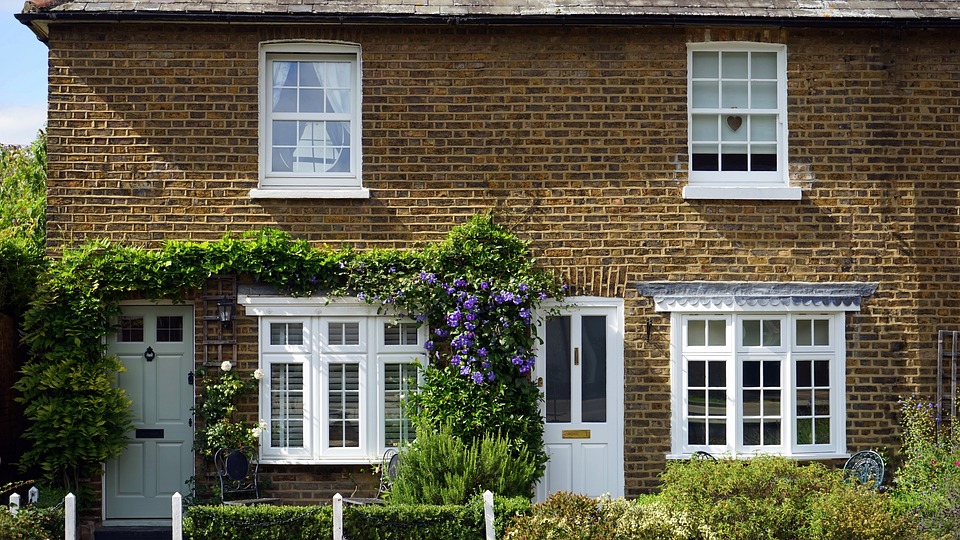Despite a decreasing share of high loan-to-value (LTV) borrowing, mortgage lending remained strong in Q3 with the outstanding value of residential loans up 2.9% compared to a year earlier.
The Bank of England’s (BoE) latest quarterly mortgage lending data revealed there were £1,527.3 billion of mortgages outstanding at the end of Q3.
Meanwhile the value of new mortgage commitments – which is lending which has been agreed to be advanced in coming months – went up by 6.8% when compared to the same quarter in 2019. It reached £78.9 billion, according to the BoE, which is the highest level since 2007.
To find out more about how we can assist you with your Mortgage requirements, please click here to get in touch
The value of gross mortgage advances during the quarter was down 14.7% on Q3 2019 at £62.5 billion.
What’s more the proportion of mortgages advanced during the quarter with LTVs of 90% or more were 3.5% which is 2.4 percentage points lower than a year ago.
Mark Harris, chief executive of mortgage broker SPF Private Clients, said: “This is no real surprise with many lenders pulling back from this market, and it is only just starting to recover, which is good news for first-time buyers in particular.”
Commenting on the rest of the data he added: “The Bank of England figures show a strong lending market, as we have seen on the ground, with new commitments for the coming months some 6.8% higher than a year earlier.
“There is plenty of business in the pipeline which is working its way through as buyers try to take advantage of the stamp duty holiday. As long as they use good advisers – a mortgage broker and a switched-on solicitor – this should be possible, despite some scaremongering that they are already too late.”
Discover our Residential Mortgage Broker services.
A ‘precarious’ market
But Karen Noye, mortgage expert at Quilter, thought today’s data painted a ‘precarious’ picture of the housing market at the moment.
“The market is clearly burning bright thanks to the fuel poured on it as a result of stamp duty cut but whether the fire can keep blazing is yet to be seen,” she said.
“The continued increase in house prices is likely to be unsustainable and if the stamp duty holiday is dropped in March and significant economic headwinds as a result of the pandemic start to bite, we may see a very different picture with borrowing and lending being significantly curtailed.”
Noye thought the fact the value of new commitments had increased by as much as 6.8% was ‘worrying’ and ‘should ring alarm bells’.
“While it would be foolish to draw comparisons between the mortgage market now and the one back when the financial crash hit in 2008, we are dealing with unchartered waters and it is worth proceeding with caution,” she said.
By Kate Saines
Source: Mortgage Finance Gazette
Discover our Mortgage Broker services.








